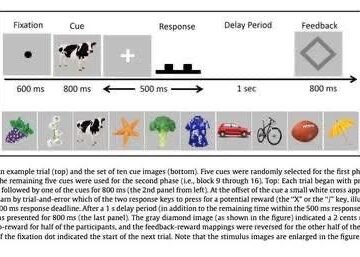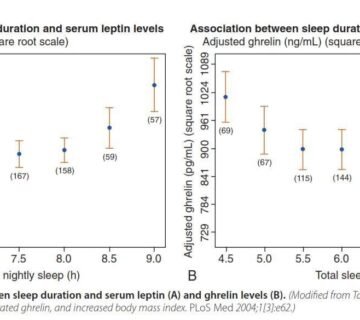Obsessive-Compulsive Disorder (OCD)
A persistent, repetitive thought that the patient knows is silly or unwanted but can’t stop thinking about it—and the more they try to resist, the stronger it becomes.
Patients often come to the clinic saying:
- “I have a problem and don’t know how to explain it… I get thoughts, may God forgive me, that I doubt God’s existence or have blasphemous words.” These thoughts cause them intense guilt.
- Or a terrified mother says she’s afraid she might kill her child or husband, so she avoids using knives entirely.
- Another mother breaks down saying that when she takes her child after a bath, she feels a strange urge and fears harming the child, so she avoids being near him.
- A woman whose hands are burned from excessive use of cleaning disinfectants, cleaning the house all day as if doing heavy labor.
- People who repeatedly doubt whether they performed ablution (wudu) correctly, taking two hours to do it.
- Those who repeatedly doubt their prayers and keep redoing them until exhausted.
- People who count stairs going up, count street lamps, or repeatedly check if doors or cars are locked.
- People who refuse to eat outside the home because they don’t trust the cleanliness of dishes or the place.
All these are examples of Obsessive-Compulsive Disorder (OCD).
What is OCD?
The word “compulsive” means the disorder forces itself on the patient, compelling them to perform behaviors or think thoughts against their will.
It involves intrusive, repetitive thoughts that the patient knows are unreasonable or unwanted. The more the patient tries to resist, the stronger these thoughts become.
Does OCD have anything to do with religiosity?
Surprisingly, it’s not a sign of weak faith at all. Sometimes, people who are very committed to religious practice experience OCD because of their extreme caution.
What about religious extremism causing OCD?
God said in the Quran, “And thus we have made you a just community” (Surah Al-Baqarah 2:143), and the Prophet (peace be upon him) said, “The extremists have perished” (hadith), referring to those who exaggerate in worship.
God encourages moderation in everything. Religious extremism can turn into anxiety or OCD.
What is the treatment?
There are two types of treatment:
- Medication
- Cognitive Behavioral Therapy (CBT)
What happens if I only take medication?
You will feel much better and symptoms may disappear. But if you stop medication and face stress without learning how to deal with it positively, OCD will return and you’ll need medication again.
What about therapy sessions?
In therapy, you learn how to stop and modify obsessive thoughts, deal with stress positively, learn relaxation skills, and develop psychological flexibility.
This helps you overcome stress and protect yourself from OCD, God willing.





